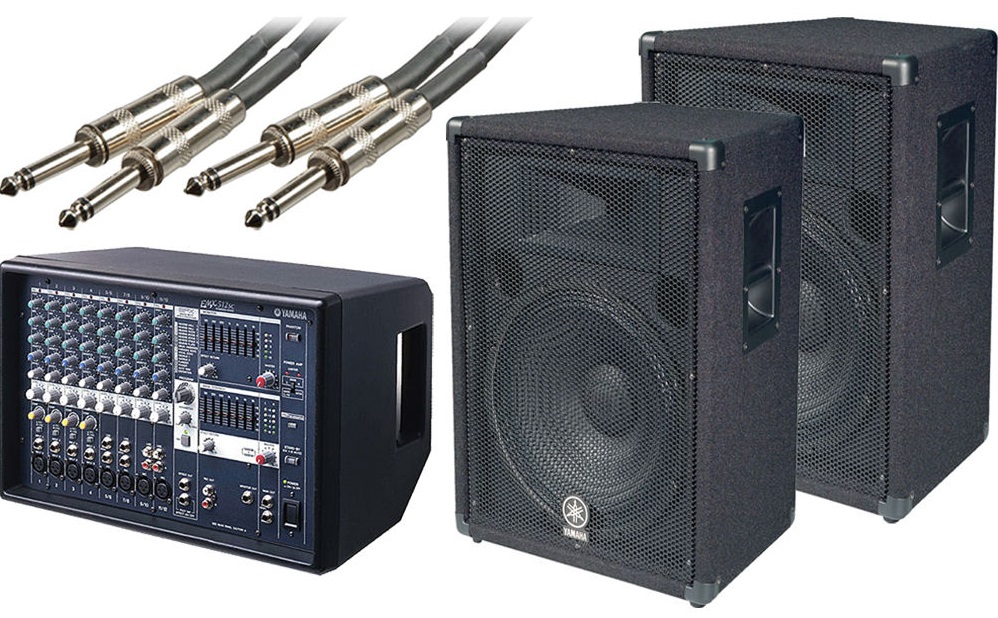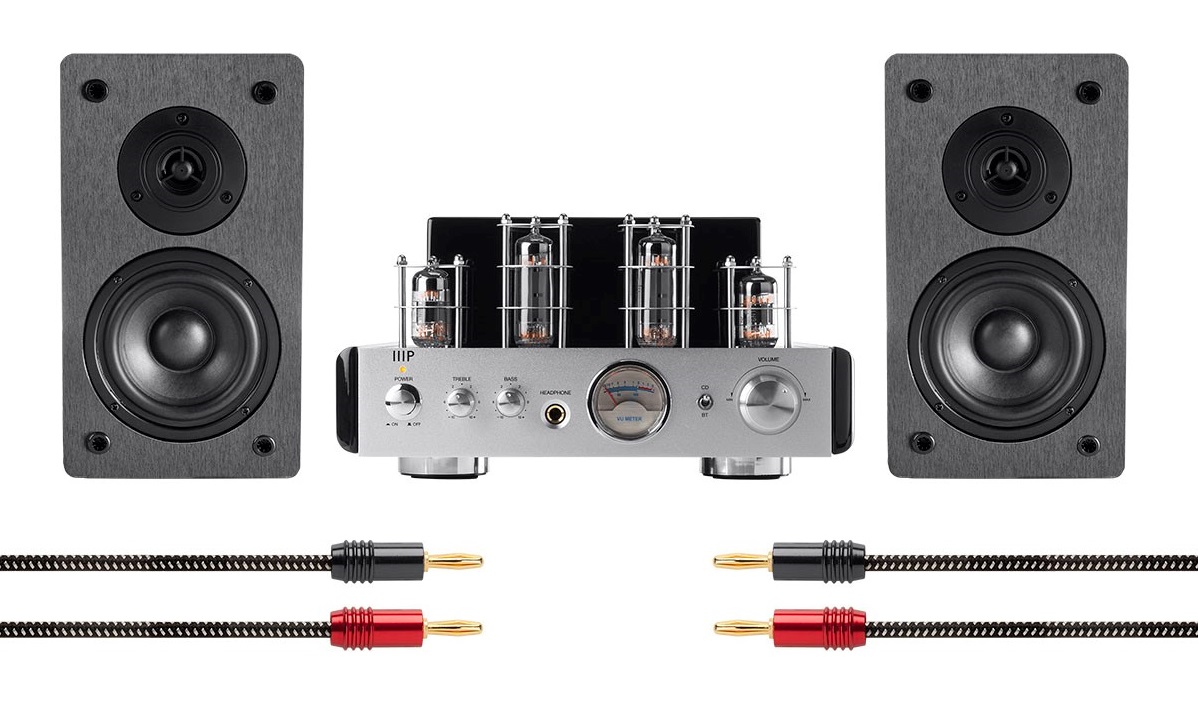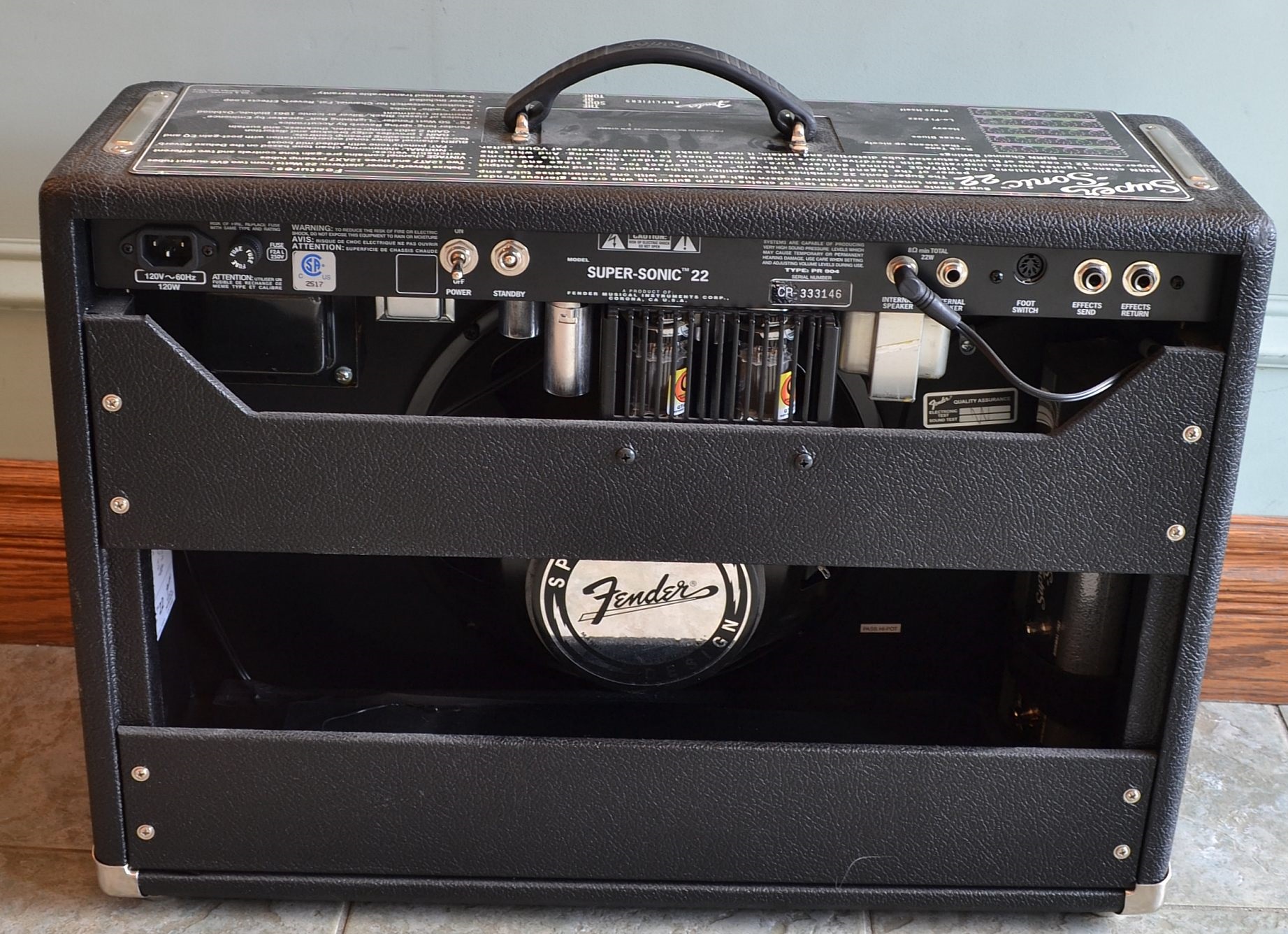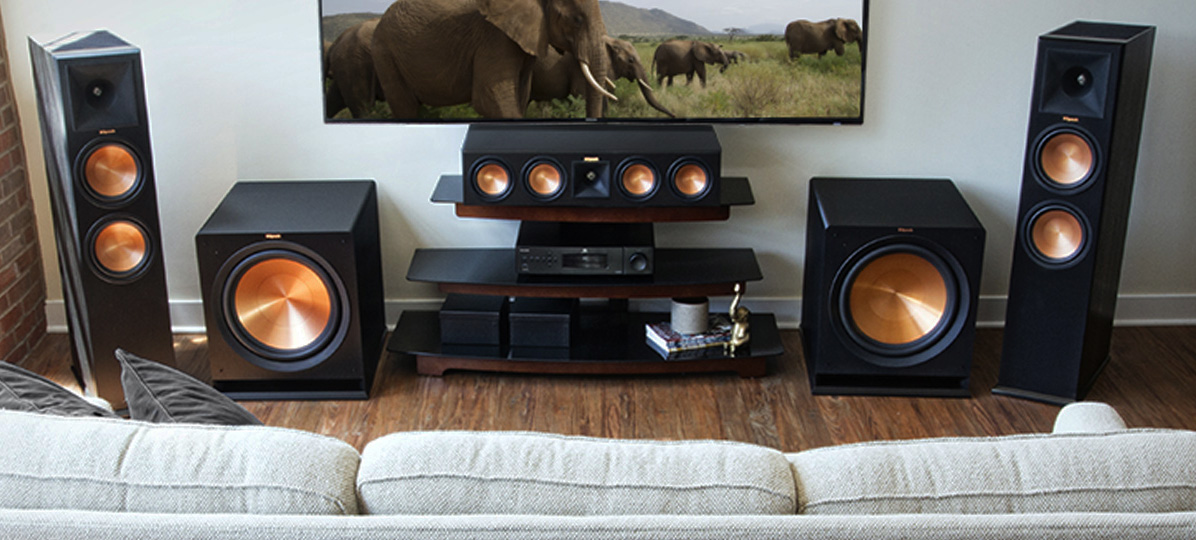Few receivers have a relation to the collection of impedances. In most cases a configuration of 8 ohm or more is preferred.
They are subject to supplier approvals from UL / CSA as well as calming consumer concerns over low impedance loads moving.
Such switches carry the voltage feed down to the control parts, thus limiting stability and overall fidelity. Keep the control set to hook up 8-ohm speakers to a 4-ohm amplifier impedance and ensure the device is properly ventilated.
After more research on this subject, we find that the switch does little more than that of the rail voltage in most situations.
And you can see the differences in scale between the setting “low” and the setting “high.” That is why I generally suggest that when combining a receiver with unreliable 4 ohm speakers in large rooms, I leave this move in its default “Medium” setting and use common sense.

All of the switch’s “small” configuration is to turn down the rail voltage so that when UL tests the amp at a specified level of distortion, the amp will reach that level of distortion faster as it runs out of the headroom faster than in the “strong” system.
In the other hand, this generates less power, because the amp is not moved as fast as possible.
You should not even buy any protection when running low impedance loads, since you simply risk more clipping the amplifier so it will go faster out of the headroom. For testing purposes, there is something to the Move.
Separate power amplifier
Many independent power amps provide more than enough power supply and amp parts to easily handle 4 ohm loads.
In fact, if their design is strong enough to pump out the extra current. Again, make sure you have sufficient ventilation so you do not fry the eggs at the top of the cooker, which causes thermal explosion.

Which more requirements are there for your speakers?
While a particular speaker can be rated at 4 ohms, it can potentially have a more robust driving load for connecting 4-ohm speakers to an 8-ohm receiver. It is due to the inductive role of loudspeaker systems in reaction.
The speaker impedance varies according to frequency. At such frequencies, a badly designed loudspeaker can have unwanted impedance decreases. It will actually cause an amp to become oscillating if it is too troublesome.
Typically, a well-made 4-ohm speaker device has more desirable amp load than a badly built 8-ohm speaker.

